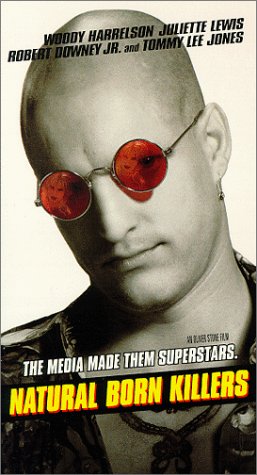Paying Attorney Fees on Appeal
Patent – Patently-O 2017-06-29
 When the PTO refuses to issue a patent, the applicant can appeal directly to the Court of Appeals for the Federal Circuit or instead file a civil action under 35 U.S.C. 145. The Section 145 action gives the applicant the opportunity to further develop facts, including live expert testimony and cross-examination.
When the PTO refuses to issue a patent, the applicant can appeal directly to the Court of Appeals for the Federal Circuit or instead file a civil action under 35 U.S.C. 145. The Section 145 action gives the applicant the opportunity to further develop facts, including live expert testimony and cross-examination.
An oddity of the statute is its statement that “all the expenses of the proceedings shall be paid by the applicant.” In its 2010 Hyatt decision, the Federal Circuit ruled that the expenses are to be paid by the applicant “regardless of the outcome.” In the new decision NantKwest v. Matal, the Federal Circuit has ruled that the provision includes attorney fees and thus allows the USPTO to recoup its expert witness fees, attorney fees and other expenses without any showing of exceptional case or even any merits.
Here, the majority opinion filed by Judge Prost and Joined by Judge Dyk found that the term “all expenses” was designed to “deter applicants” from choosing the civil action pathway. The dissent filed by Judge Stoll (her first in a patent case?) argues that the term “expenses” is not sufficient to overcome the traditional american rule regarding attorney fees.
The lucky-thing here is that USPTO attorneys are paid government salaries and so the attorney fees added up to only $78k before the district court granted summary judgment against NantKwest.
The patent application in this case is based upon a 2001 filing by Hans Klingemann directed to a method of treating cancer by administering natural killer cells. Those Natural Born Killers will now be released on the public without the protections offered by the patent system.